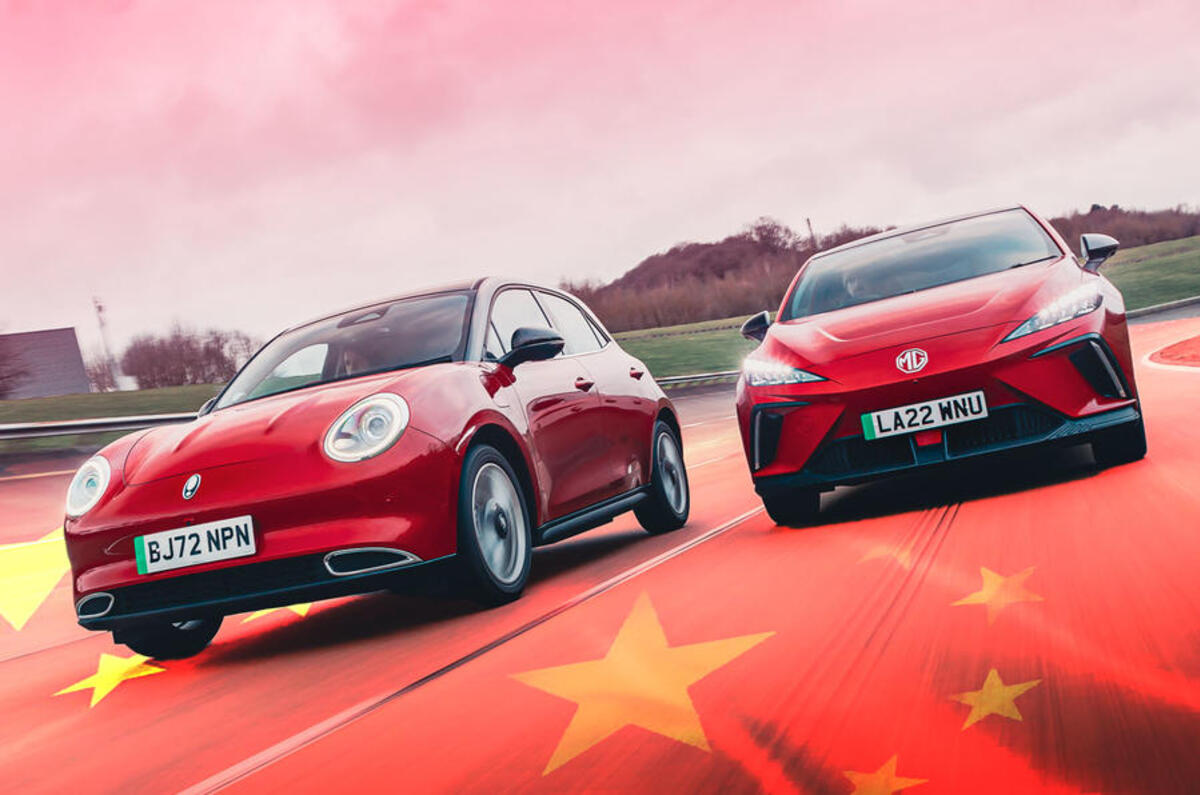Tesla remains the world’s global leader on EV sales, but such is the competitiveness of China’s EV industry that CEO Elon Musk has called for import tariffs to protect the remaining global car industry.
“Chinese car companies are the most competitive car companies in the world,” Musk said on Tesla's fourth quarter earnings call. “Frankly, I think if there aren't trade barriers established, they will pretty much demolish most other car companies.”




Add your comment